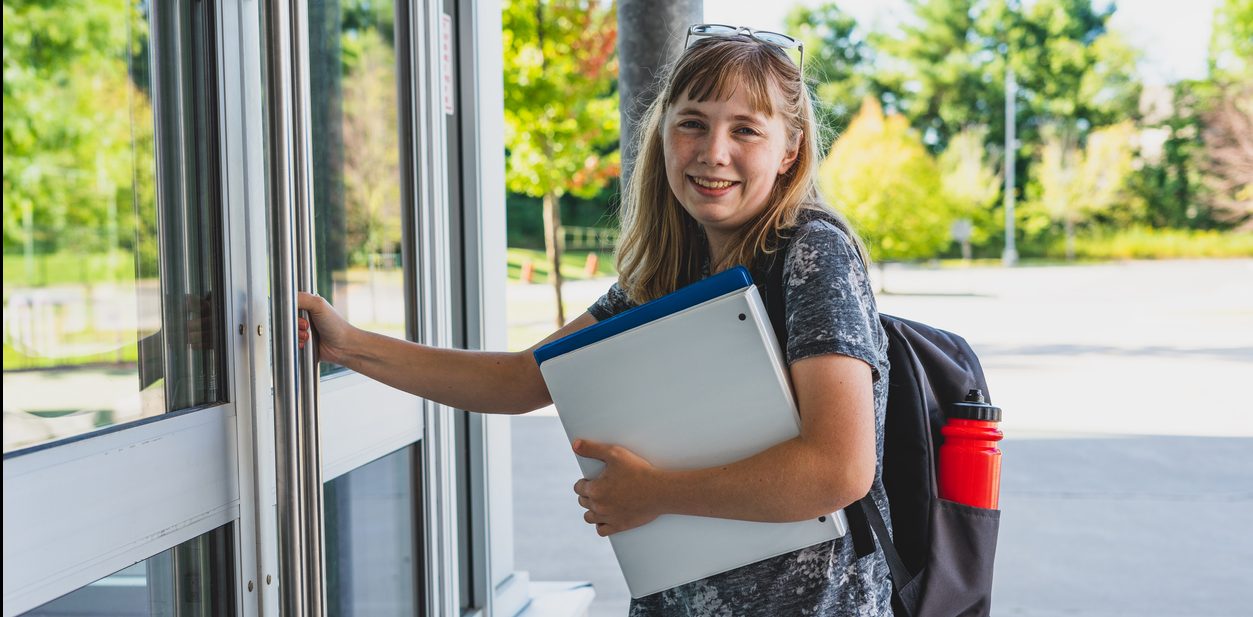Luckily, there is a way to avoid such stiff competition and immensely improve your chances of getting a permanent resident visa. If you are a candidate eyeing for the much sought after status, you can decide to take the education pathway.
In the last few years, getting a Canadian permanent residence visa has become a real stiff competition as more people seek to work in the country. Nowadays, candidates coming from other countries are more often than not ranked against each other—with the one who scores highest receive the invitation to apply for permanent residence.

Canada Education Package Is So Attractive to Foreign Students
Canada is gradually becoming the world’s leading study abroad destination for students from all over the world. According to the recent statistics, the country is a host of over 642,000 international students. In a recent press, IRCC noted that Canada is enjoying a remarkable growth with an increase of 13 percent of international students in 2019. Were it not for the global Cobvid-19 pandemic, the country was expecting more students to join different universities across the country.
Canadian recent change in policy has made its education package even more attractive.
If, by the end of the day, you want to secure permanent residence status, education pathway can ease the process in a number of ways. To begin with, the Canadian immigration system chooses candidates based on education, age, work experience, and language.
Studying in Canada will earn you some marks in each of the above factors. For instance, international students join the university while still young and pursue English or French, which helps them integrate better into the country’s social and economic sectors. The quality education credentials adds more points to the candidates. A candidate who has gone through the country’s tertiary education will have more points than other candidates with foreign education when applying for a permanent residence visa under various programs.
Work While Studying and Continue Working after Graduating
One thing that attracts more international students into the country is the opportunity to work while studying. What’s more, a student can obtain a post-graduation work permit (PGWP) after graduating. Typically, the PGWP will allow a student to work for not more than 20 hours per week during the study period. For students taking full-time modules, they work during summer and winter breaks. Another good thing about PGWP is that it allows students to work for any employer in a period of three years and allows spouses of PGWP holders to get an open work permit during the same period.






